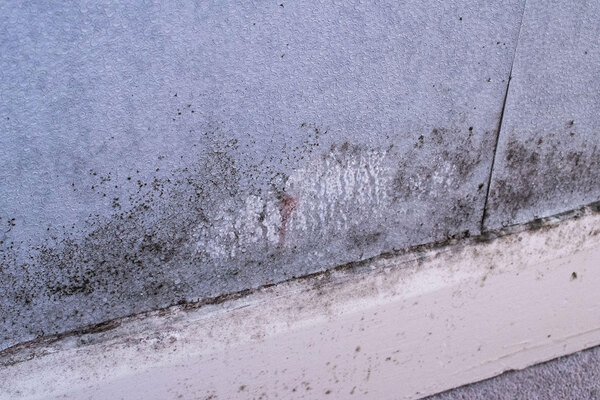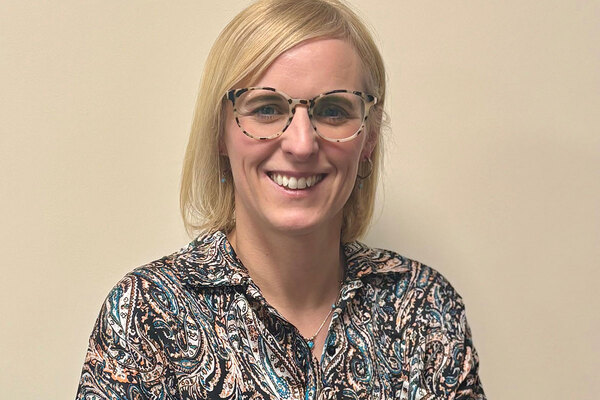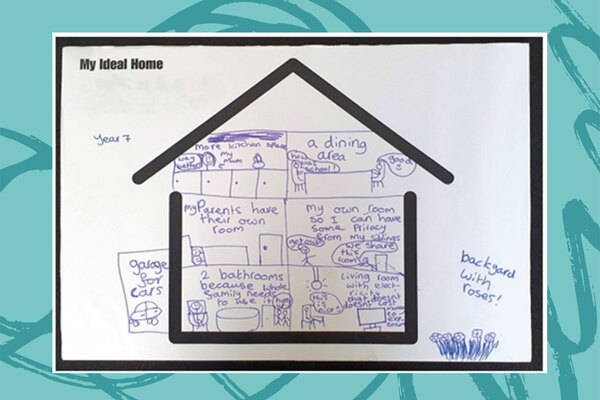You are viewing 1 of your 1 free articles
L&Q fire safety cost estimates will not change despite new government guidance, says chief executive
The chief executive of L&Q has said that the figure it has set in stone for fire safety remediation would not change, despite the government altering its guidance around external wall systems (EWS) checks.
Speaking at the Housing 2021 in Manchester today, Fiona Fletcher-Smith said L&Q, which has estimated that it will spend £450m on fire safety costs in the coming years, had implemented a robust risk-based programme to deal with any issues within its stock, and this figure would not be altered by the EWS guidance.
That came after the government declared that EWS1 forms should no longer be requested by lenders when leaseholders are trying to sell flats in the majority of blocks below 18 metres.
Ms Fletcher-Smith said today: “Nothing the government is doing [on fire safety guidance or EWS] is changing those estimates as we adopted a risk-based approach to our buildings – even single-storey, ground-floor homes.
“We keep waiting for the government and will keep waiting for the government [to act].”
Discussing the financial impact on both housing associations and tenants from the COVID-19 pandemic, the L&Q chief highlighted how incomes had been hit from many of the most vulnerable of her tenants.
She said: “[The] finances of social renters have been hit hardest during the pandemic. The luxury of saving money was exactly that – it was a luxury of the middle classes, the middle aged and those working from home… Everyone’s incomes are being hit, but it is the lower incomes which are being hit the most.”
“As a housing association we aren’t here for those who can simply glide through life. We need to think of the type of services for those whose finances have been hit.”
Leicester-based PA Housing’s chief executive, Dilip Kavi, appearing with her on the panel, noted that providers would scale back their development ambitions in the aftermath of the pandemic.
Both chief executives highlighted how their associations’ development plans had changed since COVID-19 with the scale of building programmes either pared back or some tenures omitted altogether.
PA Housing, which manages approximately 24,000 homes, has stopped building any new homes for market sale and would scale back its shared ownership commitments.
Mr Kavi said: “That is one way of making our organisation more resilient, by keeping some of the commercial pressures off of us.”
Ms Fletcher-Smith noted: “We’ve taken time out in the last six months to look at our plan, and some things needed to change at L&Q – whether we’re providing enough suitable housing for people who need it. For us, we’re starting to refocus on putting our house in order.”
Ms Fletcher-Smith also indicated that the association may look at its rent levels as a way of financing the burden of fire safety measures, reaching net zero and recovering from the pandemic.
Responding to questions at the session on financing for social landlords post-pandemic, she said: “We have to look at rents, but we have to look at it in a proportional way it can [be implemented].
“I don’t want to go to the government. As a housing professional I am not going to get an answer from the government [on extra funding provision]. All I have is rent.”
Sign up for our fire safety newsletter
Already have an account? Click here to manage your newsletters












